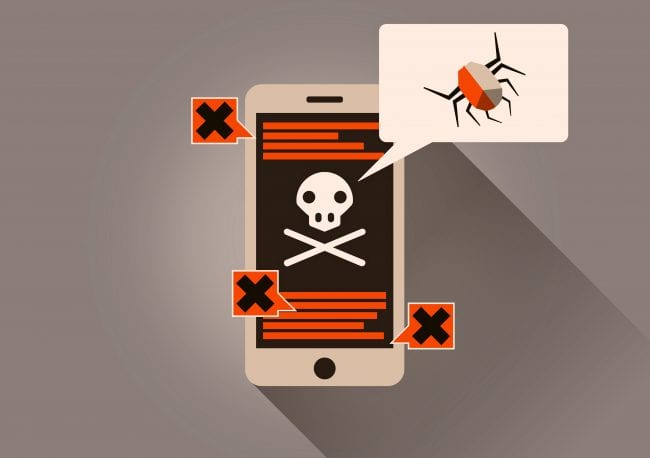Hackers Don’t Like It When You Use VPN
Cybercriminals attack companies and individuals on a daily basis. Whether it’s a phishing attack or a ransomware – or it could be a virus that just creates havoc – there are several ways in which cybercriminals can disrupt your online life. And while hackers can attack just about anyone, their targets are generally vulnerable individuals with little or no information about online safety.

Hackers Don’t Like It When You Use a VPN
How Hackers Compromise Your Security Online
Security conscious people generally use onion networks for browsing and VPNs for all-rounded safety. And hackers want to avoid such individuals because well-informed people are less likely to fall for their scams. Here are some scams that hackers might pull to get your data.
Hacking through Wi-Fi
Free Wi-Fi near airports or restaurants might be set up by hackers. It’s easy to set up a hotspot and then monitor it to read the incoming and outgoing traffic. When you connect to a public network, all your usernames and passwords can be seen by the people who have set it up. If you’re at an airport and you see a Wi-Fi connection with “airport” in its name, you’ll probably assume it’s the airport’s official Wi-Fi and connect to it.
Hackers hate VPNs. If you connect to the honeypot Wi-Fi, your data will be stolen, unless you’re connected to a VPN. A VPN will encrypt all your data, so whenever you connect, first start the VPN and then browse other websites.
When you’re connected to the VPN and access a trap Wi-Fi, you’re using the hacker’s internet but not letting them have access to your private information. So instead of the hacker benefitting from you, you’re benefitting from the hacker. This is why hackers don’t like smartphones and other devices with VPN on them and avoid them at all costs.
Man in the Middle Attacks
If a hacker is snooping on your network through an MITM attack, they will be able to read all the incoming and outgoing traffic. They will also be able to modify the data packets. A hacker with moderate knowledge of smartphones can attack an unsuspecting victim easily. However, if you use a VPN, you will be safe from such attacks. A VPN encrypts your data so whatever packet the hacker will receive will be encrypted and not readable.
Since hackers are unable to read the data packets, they hate it when their victims use VPNs. If a hacker gets to know that their intended victim uses a VPN, they would want to find another victim. It’s nearly impossible to crack open a data packet that’s using 256-bit encryption.
Ransomware
While many people are aware of snooping scams, they are largely still unaware of ransomware. A ransomware works by locking your files and apps and asking you to make a payment (in cryptocurrency, so that it cannot be traced back to them). That’s the ransom you pay to get your files back. This is an easy way for hackers to earn money.
Cybercriminals gain access to your device when you access the internet on a public network. This way, hackers are able to install their files on your system. After a specific time, these files act and lock up your entire system. While it’s not advised to pay the ransom, many people want to get back their precious files and end up paying what the hackers demand. And the problem is that even if you pay the ransom, there is no guarantee that you’ll get the files back.
How to Secure Your Device Against Hackers
There are two main programs or apps you can use to increase your device’s security and make it harder for hackers to get access to your sensitive data.
- Use Anti-Virus Software: Setup anti-virus software on your computer or smartphone. Anti-virus programs like Avast and AVG are the first line of defence against various online threats such as virus, malware, and ransomware.
- Use VPN: It’s always advised to connect to a VPN server whenever you go online. This will allow you to encrypt all of your Internet traffic. Thus, prevent potential snoops from eavesdropping on what you’re doing while your browsing the web.
Hackers Don’t Like It When You Use a VPN
To stay safe from such attacks, follow best practices for online security and always use a VPN. Hackers hate it when their victims are smart and keep themselves safe from malicious entities. It just makes things difficult for criminals.





